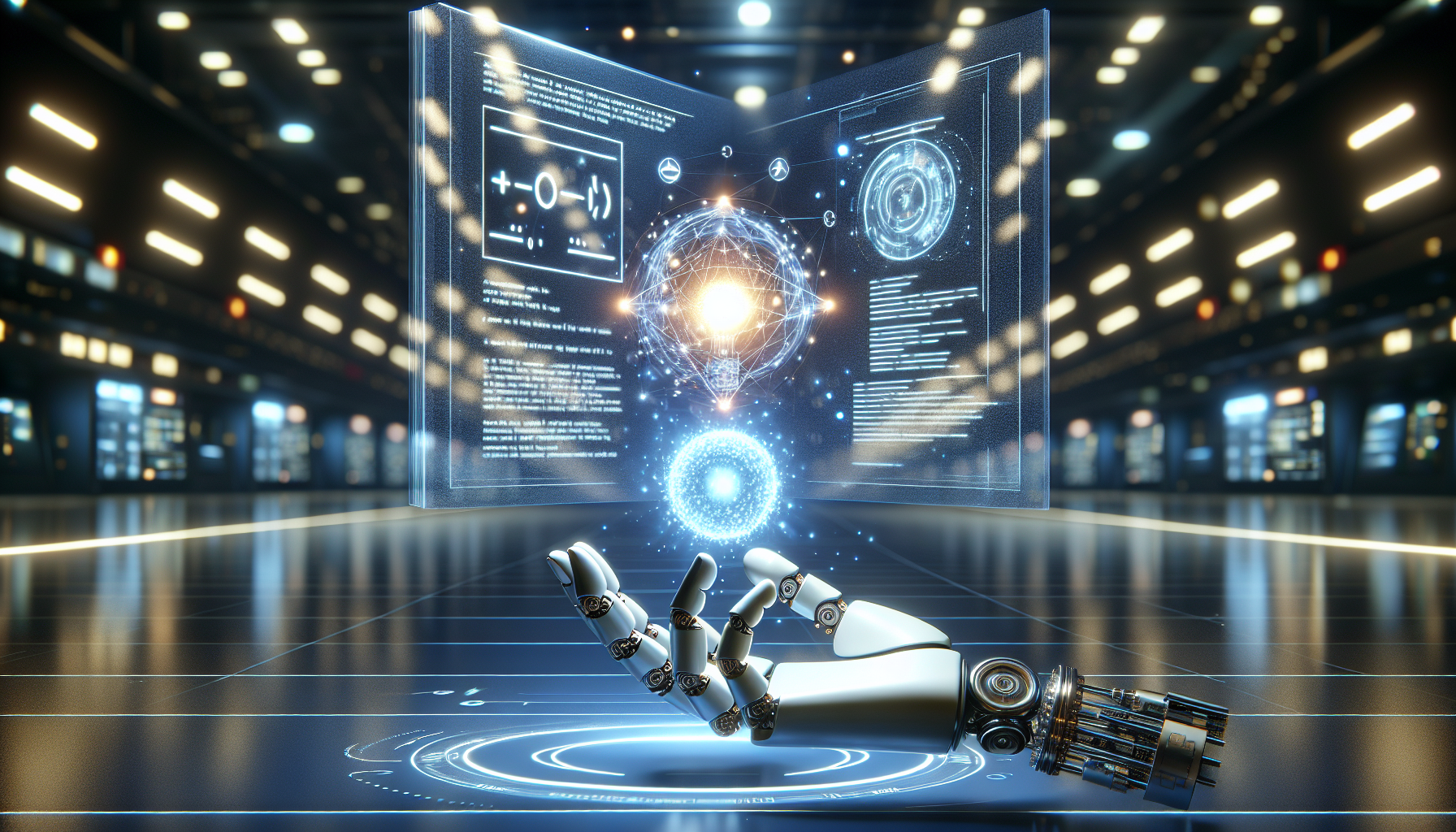
The Future of AI in Space Exploration: Debunking Common Myths
July 14, 2025
Artificial Intelligence (AI) has become a cornerstone of innovation in numerous fields, and space exploration is no exception. Yet, despite its critical role in advancing our understanding of the cosmos, AI in space exploration is often shrouded in misconceptions. These myths, if left unchallenged, can obscure the true potential of AI and its transformative impact on humanity's quest to explore beyond Earth.
One pervasive myth is that AI will make human astronauts obsolete. The image of robots independently navigating the stars without human intervention is a captivating narrative, yet it oversimplifies the complexities involved in space travel. While AI can perform tasks with precision and reliability, it lacks the human ability to adapt creatively to unforeseen challenges. In space, where unpredictability is the norm, the collaboration between human intuition and AI's computational power creates a more robust exploration strategy. AI doesn't replace astronauts; it empowers them to make more informed decisions by processing vast amounts of data quickly and accurately.
Another misconception is the notion that AI in space is only about autonomous robotics and spacecraft. In reality, AI's role extends far beyond these applications, influencing planning, data analysis, and mission design. Machine learning algorithms are crucial in analyzing the massive data sets retrieved from telescopes and probes, uncovering patterns and insights that might otherwise be missed by human researchers. AI's ability to handle these data-intensive tasks allows scientists to focus on formulating theories and guiding exploration priorities, streamlining the entire research process.
Additionally, some believe AI-driven space exploration is only a distant possibility, something reserved for a future yet to come. However, AI is already playing a pivotal role in current missions and projects. Earth-orbiting satellites use AI to monitor climate patterns and natural disasters, providing critical information that aids in global safety and security. Mars rovers like Curiosity and Perseverance leverage AI for navigation and scientific analysis, demonstrating that AI is not just a futuristic concept but a present-day reality in space exploration.
A more nuanced myth suggests that AI development for space exploration monopolizes resources that could be used elsewhere. However, the technologies developed for space often have significant terrestrial benefits. Innovations in AI for space exploration have led to advancements in fields such as healthcare, environmental monitoring, and logistics. The cross-pollination of space technologies into everyday life exemplifies how investment in space exploration can yield dividends far beyond its initial scope, enhancing quality of life on Earth.
Furthermore, there is a belief that AI will inevitably lead to the militarization of space, transforming it into a battleground. While the ethical implications of AI in space are indeed critical, focusing solely on militarization overlooks the potential for AI to foster international collaboration. Space agencies around the world are increasingly collaborating on AI research and development, recognizing that shared knowledge and resources can accelerate progress and ensure the peaceful use of outer space.
Finally, some critics argue that AI lacks the capacity for moral reasoning, posing risks when making autonomous decisions. While ethical considerations are crucial, it's essential to recognize that AI systems are designed and monitored by human operators. The development of ethical guidelines and robust regulatory frameworks ensures that AI technologies are deployed responsibly. Through international cooperation and transparent governance, we can harness AI's capabilities while safeguarding against misuse.
In dismantling these myths, we gain a clearer understanding of AI's true potential in space exploration. Far from being a distant dream or a simple tool, AI is a catalyst for innovation, enabling humanity to reach new frontiers. As we stand on the cusp of interstellar exploration, the collaboration between human ingenuity and artificial intelligence opens the door to limitless possibilities.
What, then, lies ahead for AI and space exploration? As we continue to integrate AI into our cosmic pursuits, we must ask ourselves how we can best leverage this technology to benefit all of humanity. Could the lessons we learn from AI in space exploration inspire new ways to address global challenges and enhance life on Earth? In embracing AI's potential, we embark on a journey not only to explore the stars but to redefine our place within them.


